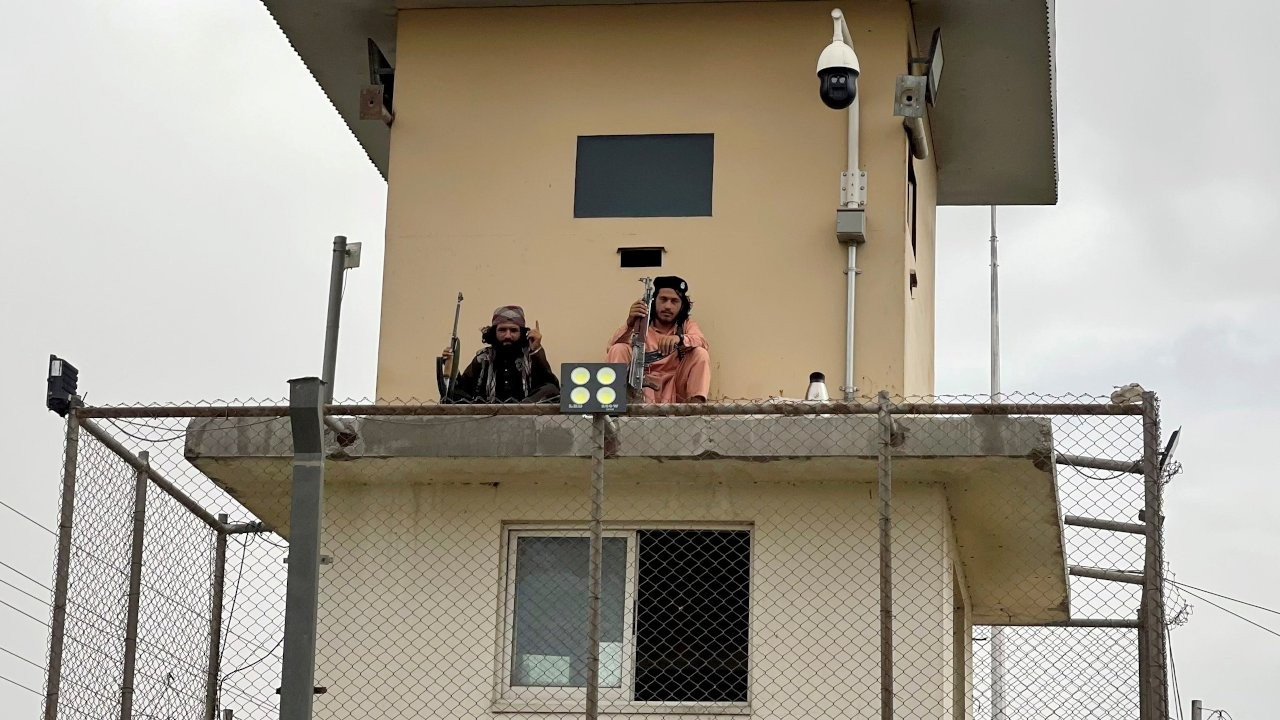Why Turkey fears an influx of Afghan refugees
No matter what, people fear that Erdoğan will make another deal with the EU and the U.S., as he did during the Syrian crisis. Erdoğan’s comments on “having ties with Afghanistan”, openly declaring wanting to work with Taliban, adds up to all this. Secular Turks, in particular, are unnerved.
The Turkish public fears that an influx of Afghan refugees into the country will induce negative economic and social effects. Turkey officially hosts 5 million refugees, most of whom fled the war in Syria. President Erdoğan claims that only 300,000 of them came from Afghanistan and that 120,000 of them are “unregistered”.
No one knows how the president is able to provide the number of unregistered people in Turkey. Meanwhile, anti-refugee resentment has been growing, turning into hate speech, and at times, hate crimes.
“I don’t want Afghans in my country” tweeted Arzu Sabancı, the wife of businessman Ömer Sabancı, who was supported by many others. Of course, others opposed and denounced such statements as “racist”.
The opposition parties CHP and İYİ seized the opportunity and campaigned against the government’s refugee policy. Both CHP and İYİ leaders deem the refugee problem as a “survival issue for Turkey.”
Last week, a huge banner of CHP leader Kemal Kılıçdaroğlu was hung outside the party’s headquarters which stated “Sınır namustur” or “The border is our pride”. This slogan was also published as the banner of Kılıçdaroğlu’s social media accounts.
The word “namus” loosely translates as “honor” though it has a different connotation in Turkish: it refers to women’s chastity and men’s pride. For years, women have fought to change the term “honour killings” to “women killings”, pointing out that most murders were committed under the pretext of “honour”.
Another criticism was that CHP didn’t protest the sending of Turkish troops to countries such as Syria, Iraq and Libya and did for Afghanistan. Meanwhile, the İYİ Party hung a similar version of the banner on its headquarters, and six people were placed in custody whilst doing so, which only further contributed to the tension. But it is not only opposition parties that loathe refugees, especially “Afghan men”.
Polls show that even AKP and MHP voters do not want Afghan refugees. According to Metropoll, only 36 percent of AKP voters believe in opening borders. Only a half of the attendees believe that Turkish troops should remain in Afghanistan, which is another point of debate. The AKP-MHP alliance seems to be losing support due to the economic crisis coupled with the Afghan crisis.
Although both the U.S. and UK delivered statements that they have yet to reach an agreement with Turkey on Afghan refugees, skepticism and anxiety prevail.
President Erdoğan had to declare last week that “Turkey is not Europe’s refugee warehouse”. But he addedthat Turkey “can not turn away those who made it to the border.”
No matter what, people fear that Erdoğan will make another deal with the EU and the U.S., as he did during the Syrian crisis. Erdoğan’s comments on “having ties with Afghanistan”, openly declaring wanting to work with Taliban, adds up to all this. Secular Turks, in particular, are unnerved.
A Turkish doctor I spoke to said he worked in some hospitals during the Syrian war but he fears an influx of Afghan refugee is something else: “I have a daughter and I fear for her. I lose hope of Turkey being a safe place for young women.”
Bu Turkey is already unsafe for young women. At least 174 women were reportedly killed within the first 7 months of 2021.
Domestic violence is a huge issue as more and more girls leave school, though the regime censors detailed data on this topic. What is more, the AKP-MHP regime withdrew from the Istanbul Convention to protect women and children from violence.
Refugee policies, rights violations, the absence of rule of law all add to this insecure mood, which manifests itself through racial discrimination and polarization. Western politicians who “try to protect their borders”, please take responsibility and refrain from buying another cheap and dangerous solution.


 Taliban want Turkey to help AfghanistanDiplomacy
Taliban want Turkey to help AfghanistanDiplomacy